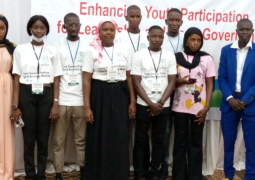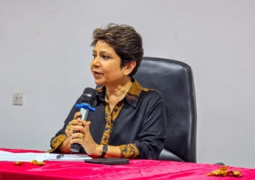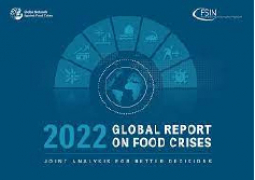It states that government should "increase efforts to investigate and prosecute trafficking crimes, separate from migrant smuggling, and sentence convicted traffickers, including fraudulent labour recruiters, to significant prison terms."
It also urges government to "direct and fund law enforcement to investigate all reported trafficking cases, including those brought forward by civil society; ensure human trafficking cases are resolved through the judicial system rather than extra-judicial or administrative means; and train law enforcement, diplomatic personnel, service providers, and civil society on the NRM.
Proactively screen vulnerable populations, including Gambian migrants, individuals in commercial sex, and foreign workers, including Cuban overseas workers, for trafficking indicators and refer trafficking victims to appropriate care.
The government has also been advised to provide resources, including funding and in-kind support, for victim services and training of social workers.
The Barrow-led administration has also been tasked to ensure access to a child-friendly and confidential reporting mechanism that allows victims to report abuse without fear of intimidation, stigmatisation, or re-victimisation; and increase labour migrant protections and reduce risks for trafficking by consistently implementing the national migration policy and pre-departure procedures and eliminating worker-paid recruitment fees.
The report also stated the necessity to regulate and monitor labour recruitment agencies and investigate entities suspected of fraudulently recruiting workers for exploitation abroad.
The Gambia government has been implored to train law enforcement, prosecutors, and judges to investigate and prosecute all forms of trafficking using the 2007 Trafficking In Persons Act; strengthen international law enforcement cooperation to prevent and investigate child sex tourism; and amend the labour law to extend protections to domestic workers and regulate labour recruiters.





